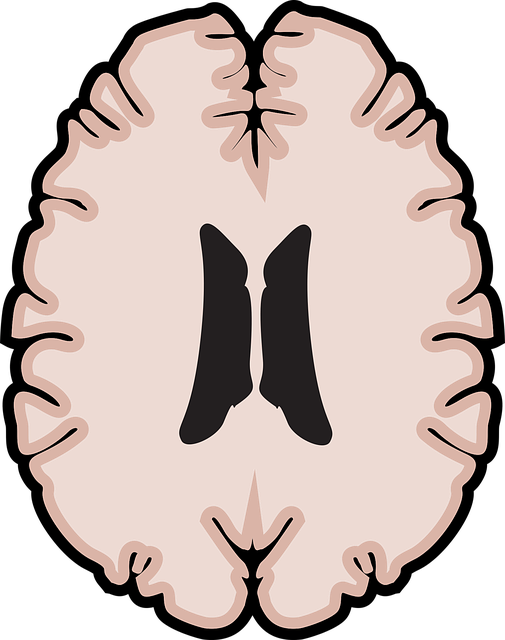Longmont First Responders face unique mental health challenges, prompting a need for personalized self-assessment tools (Longmont First Responders Therapy). These tools, integrating mindfulness, conflict resolution and evidence-based practices, offer early stress/anxiety detection, empowering first responders with effective coping strategies. By enhancing job satisfaction, performance, and community health, these assessments are vital for bolstering the mental wellness of Longmont's essential workers.
Mental wellness self-assessment tools play a pivotal role in identifying and addressing psychological needs. This article explores the development of such tools, focusing on their significance for professionals like those at Longmont First Responders Therapy. We delve into the process of creating effective assessments tailored to first responders’ unique challenges, enhancing their mental health support systems. By integrating these tools, therapy practices can enable individuals to proactively monitor and improve their well-being, fostering a culture of resilience within emergency services communities.
- Understanding the Need for Self-Assessment Tools in Mental Wellness
- Developing Effective Self-Assessment Tools for Longmont First Responders Therapy
- Integrating and Utilizing Self-Assessment Tools for Optimal Mental Health Support
Understanding the Need for Self-Assessment Tools in Mental Wellness

In today’s fast-paced world, mental wellness is a paramount concern for individuals across various sectors, including first responders in Longmont. The unique demands and high-stress environments they operate in necessitate robust self-assessment tools to monitor and maintain their psychological health. Traditional methods often fall short in providing accessible, personalized solutions tailored to the nuanced challenges faced by these professionals. As such, there’s a growing need for innovative self-assessment tools that cater specifically to first responders’ mental wellness.
These tools are crucial for early identification of stress, anxiety, and other mental health issues, enabling prompt intervention and support. By integrating practices like mindfulness meditation and conflict resolution techniques, self-assessment tools can equip first responders with effective stress reduction methods. This proactive approach not only enhances their individual well-being but also improves overall job satisfaction and performance, ultimately fostering a healthier and more resilient Longmont community.
Developing Effective Self-Assessment Tools for Longmont First Responders Therapy

Developing effective self-assessment tools tailored for Longmont First Responders Therapy is a critical step in enhancing mental wellness among this dedicated community. These tools aim to provide first responders with valuable insights into their emotional well-being, stress levels, and coping mechanisms. By incorporating evidence-based practices, such as Stress Reduction Methods, the assessment can identify areas where individuals may require additional support or training.
The process involves designing comprehensive Self-Awareness Exercises that encourage honest self-reflection. This may include scenarios to gauge their emotional responses during high-pressure situations, as well as questions about personal resilience and coping strategies. Additionally, Empathy Building Strategies can be integrated to foster a deeper understanding of the unique challenges faced by first responders, ensuring a more nuanced approach to therapy and support services within Longmont First Responders Therapy.
Integrating and Utilizing Self-Assessment Tools for Optimal Mental Health Support

Self-assessment tools play a pivotal role in empowering individuals to take charge of their mental wellness. These tools offer a comprehensive and accessible way for people, especially those like Longmont First Responders Therapy’s clients, who may face unique challenges, to gain insights into their emotional states. By integrating various assessment methods, therapists can tailor interventions to address specific needs. For instance, combining self-report questionnaires with qualitative exercises allows for a deeper understanding of underlying issues, facilitating more effective treatment plans.
Utilizing these tools as part of an holistic approach to mental health support enhances the overall therapeutic experience. They enable individuals to regularly monitor their emotional well-being, facilitating early intervention and preventing exacerbation of conditions like depression. Moreover, self-assessment promotes inner strength development by encouraging self-awareness and active participation in one’s healing processes. This proactive mindset is crucial for long-term emotional resilience, especially when coupled with professional guidance from therapists specializing in these areas.
Mental wellness self-assessment tools play a pivotal role in proactive mental health support, particularly for high-risk populations like first responders. As demonstrated by Longmont First Responders Therapy’s successful development and implementation of these tools, integrating self-assessment into routine care can significantly enhance early intervention and personalized treatment plans. By utilizing these resources effectively, we can foster better mental resilience and overall well-being among first responders and other vulnerable communities.












